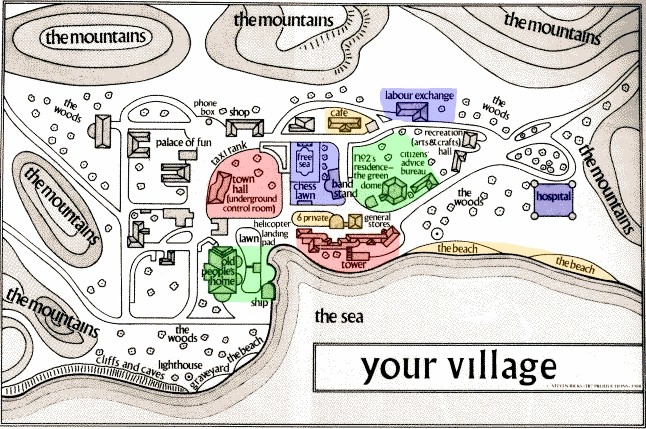 Monday afternoon, I skipped lunch in favor of browsing a new exhibition at the National Gallery. This collection of prints and sketches, Fabulous Journeys and Faraway Places: Travels on Paper 1450–1700, explores the ideas of landscape and time.
Monday afternoon, I skipped lunch in favor of browsing a new exhibition at the National Gallery. This collection of prints and sketches, Fabulous Journeys and Faraway Places: Travels on Paper 1450–1700, explores the ideas of landscape and time.The collection brings to light an earlier concept of geography that predates our contemporary idea of literalism. The maps here display information synoptically (as do modern maps), but do so in a humanistic fashion that may seem strange to the reader accustomed to charts designed to display all features within x meters of their true horizontal location, with 95% confidence. In the exhibit, place, space, and time are in the mind of the beholder.
These depictions embody an aesthetic sensibility and a willingness to combine the observable and the metaphysical that have become lost. Images of pilgrimage to Rome or Jerusalem contain biblical imagery, recognizing that travel to these places is as much a spiritual as physical journey. Prints of folktales recognize that traveling is more about movement of the individual’s mind than of the body.
The observer is left with the realization that geography has paradoxically become increasingly collectivist in an increasingly individualistic world. We delude ourselves into believing that there is nothing left to explore, because satellites above, and geographers, anthropologists, ecologists, and geologists among us have left no blank spots on the map.
 Each of us is an individual, and the atlas behind our eyes is unique. Each of us is filled with mostly blank pages. The apparent completeness of the atlases at the bookstore and the library becomes liberating in this scenario. None of us is compelled to explore a new place on behalf of everyone. Instead we are free to follow the physical paths that will expand the landscapes of mind, spirit, and relationship. Moreover, the more we open our eyes, the more we discover that the published maps are missing details, and sometimes get it all wrong.
Each of us is an individual, and the atlas behind our eyes is unique. Each of us is filled with mostly blank pages. The apparent completeness of the atlases at the bookstore and the library becomes liberating in this scenario. None of us is compelled to explore a new place on behalf of everyone. Instead we are free to follow the physical paths that will expand the landscapes of mind, spirit, and relationship. Moreover, the more we open our eyes, the more we discover that the published maps are missing details, and sometimes get it all wrong.Explore, understand, interact.

2 comments:
"the atlas behind our eyes is unique"
That line should be in a folk song...or rock song...or, or, or, it's perfect right where it is.
Charise,
You're kind. I'll have to keep that line in mind, since I often loot phrases from my blog for my poetry.
You seem to have vanished from the blogoshpere. A pity, that.
Post a Comment